Welcome to the AGEIST Book Club, a carefully curated and considered monthly selection of titles from our editors, ranging from familiar names that may stimulate the desire for a second look, mixed with some fresh names to help sharpen our book smarts.
We have included a comments section, where all of us wanna-be literary aficionados can give license to our inner book critic. Give us your raves and rants. How did you feel about the plot lines? The languaging? The character development? Looking forward to seeing you in the conversations.

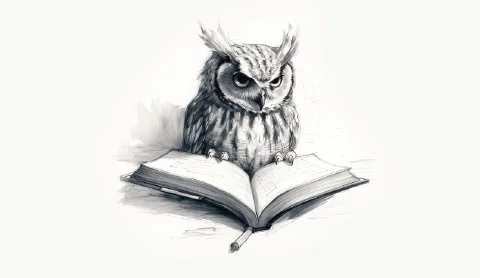
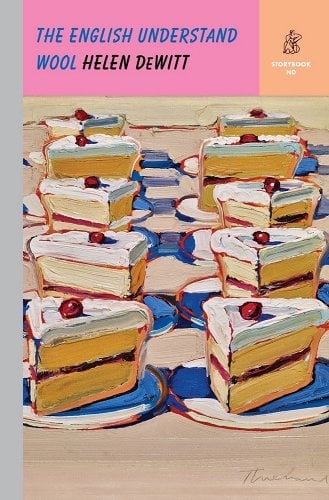
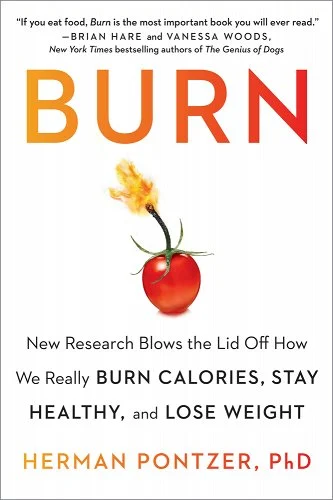
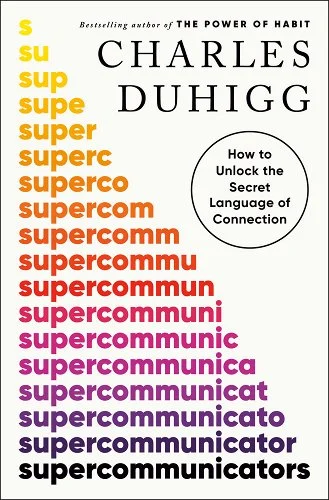
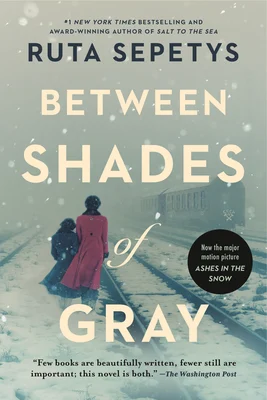
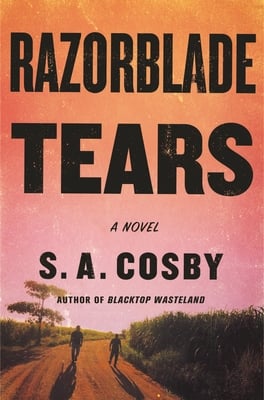
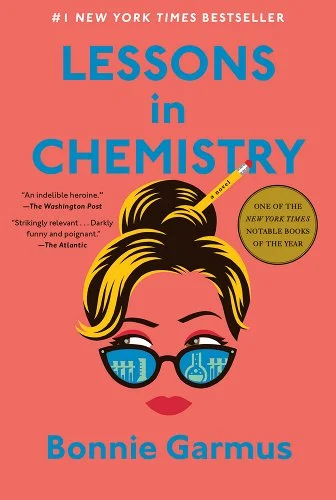
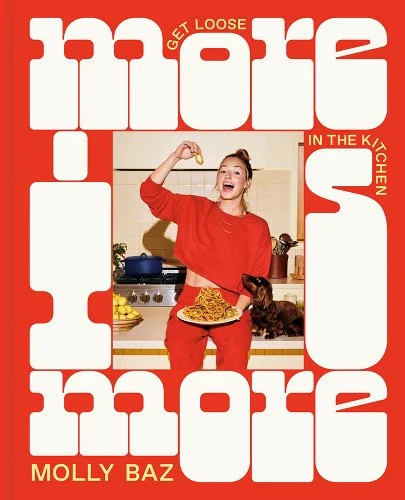
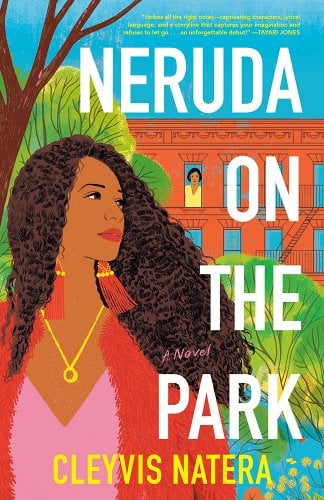
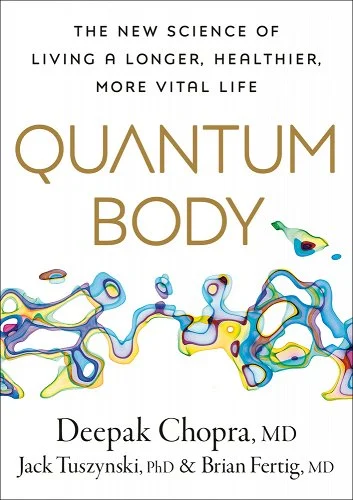
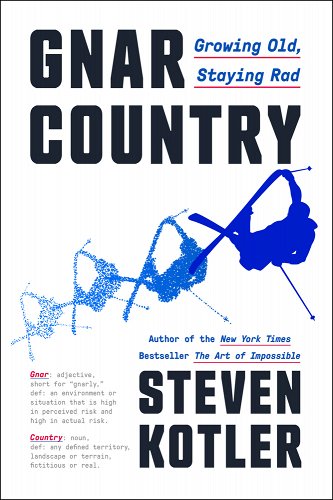
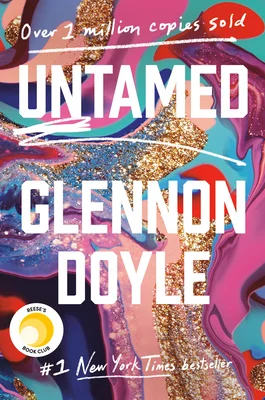
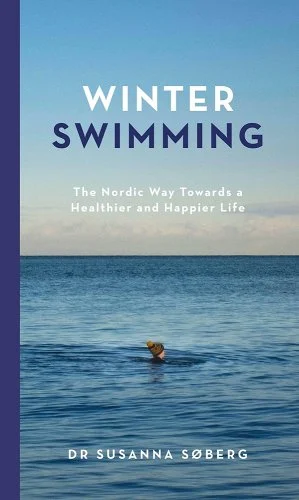
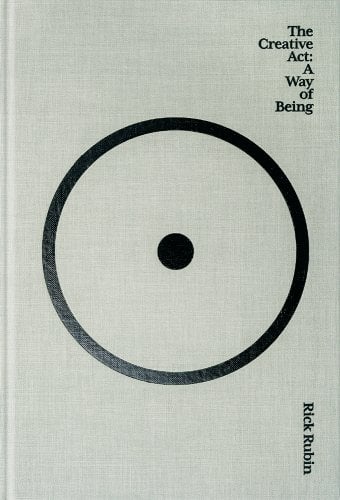

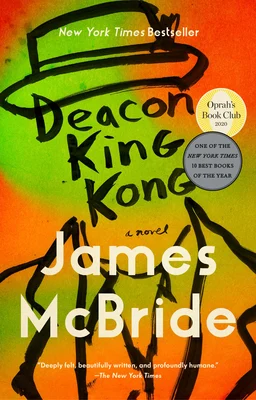
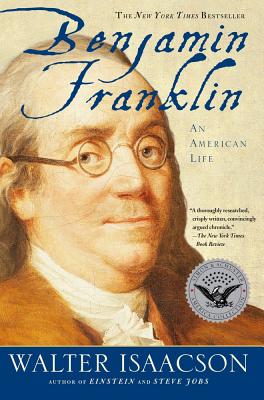
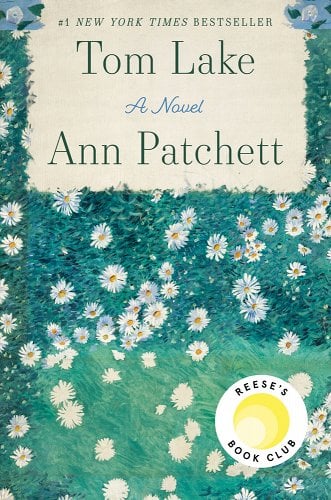
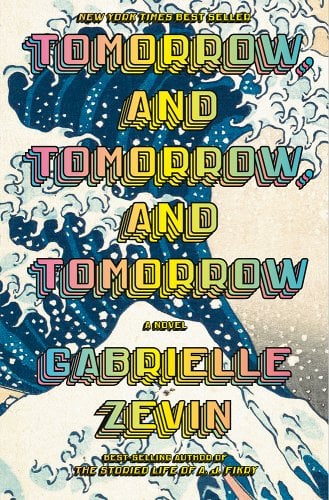
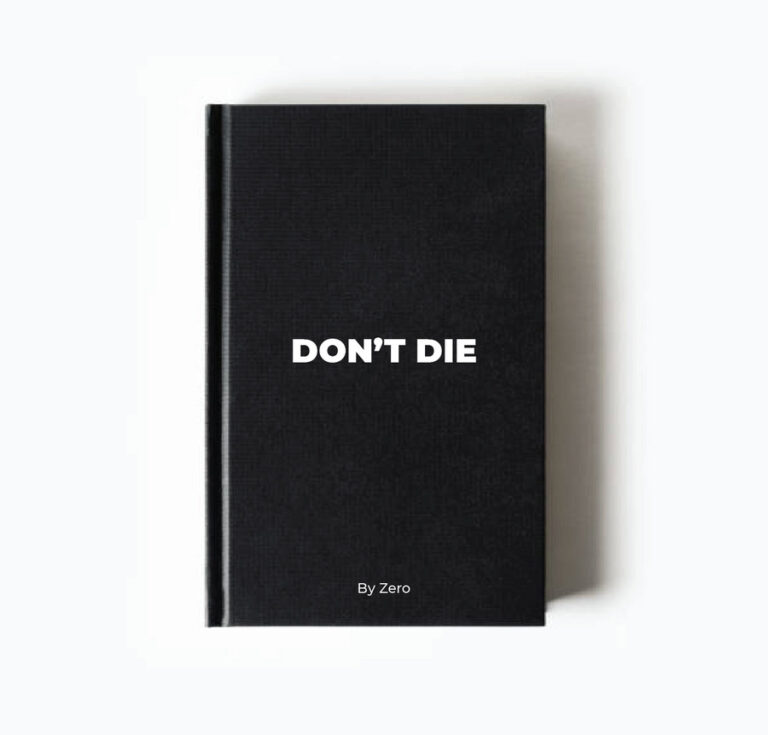
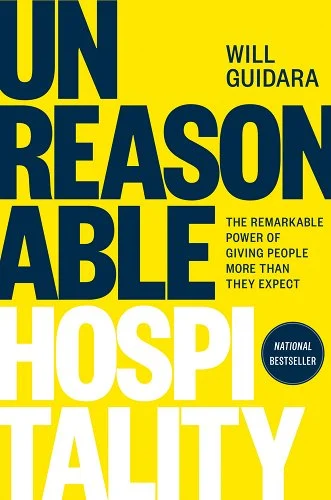
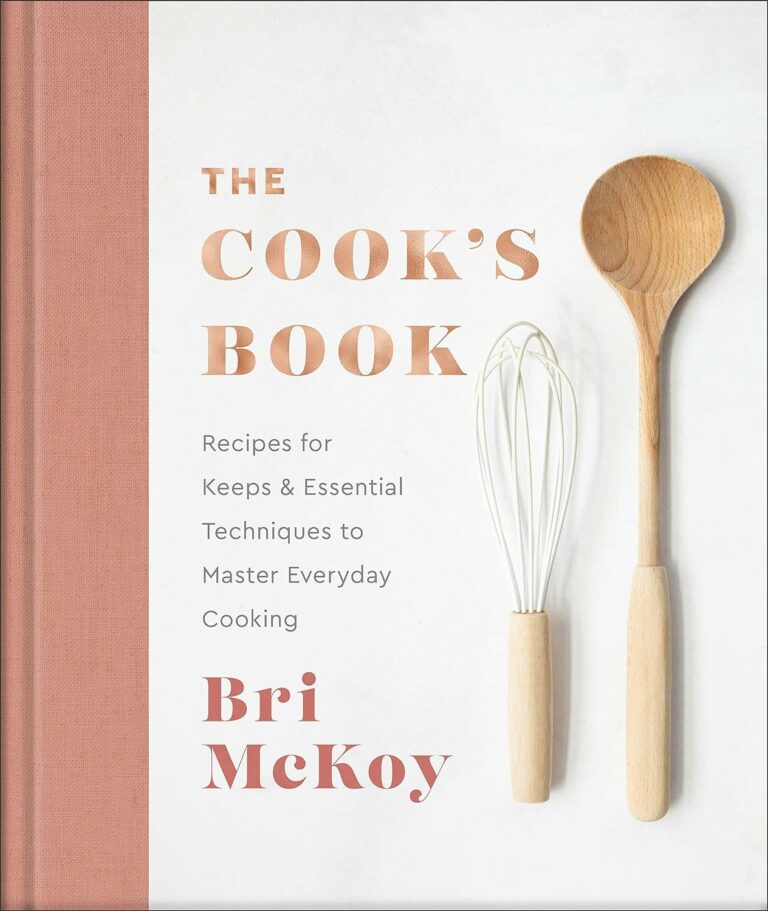
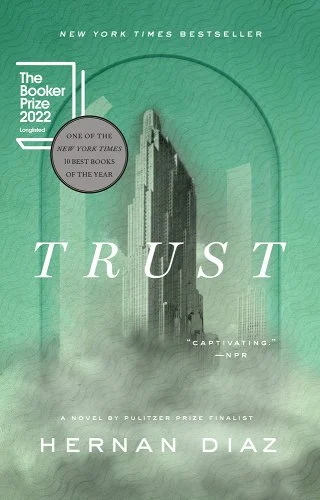
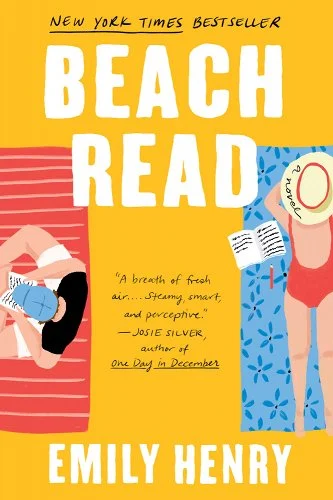
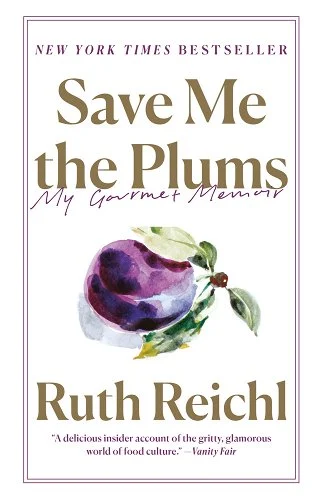
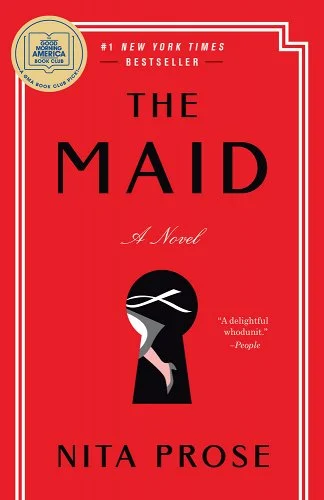
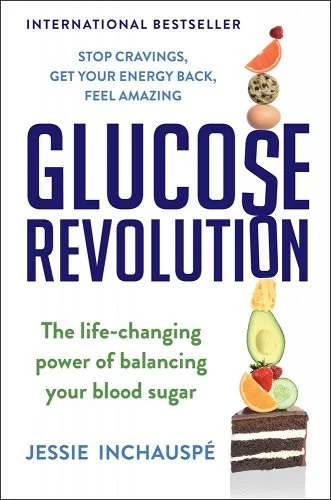
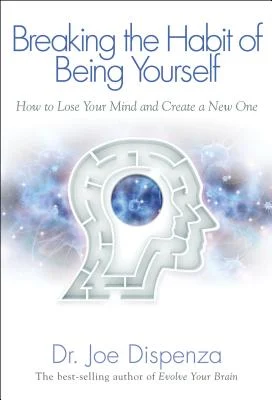
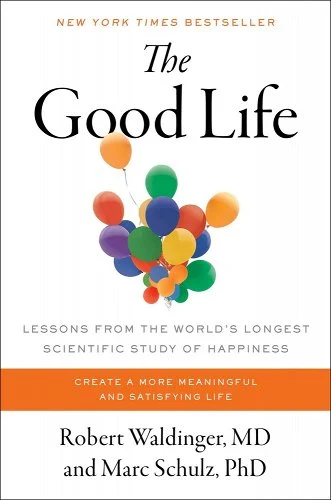
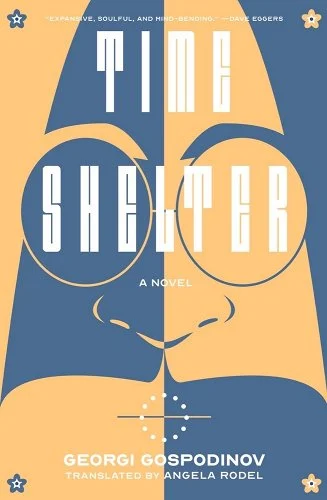
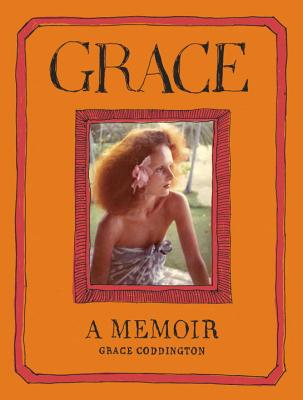
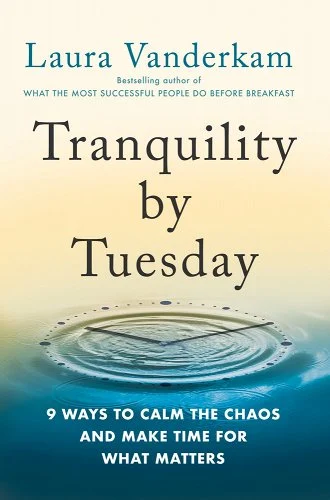

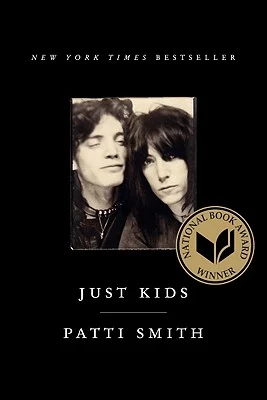
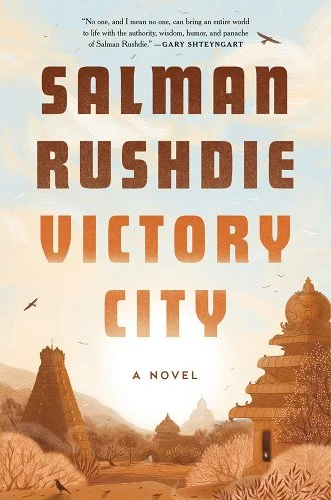
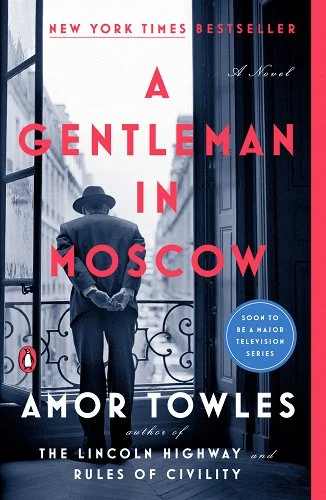
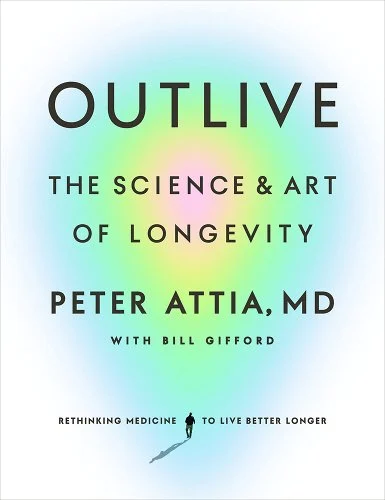
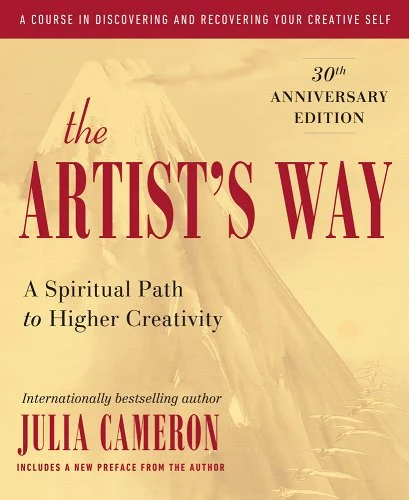
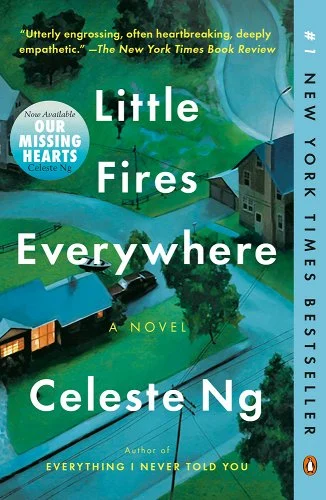
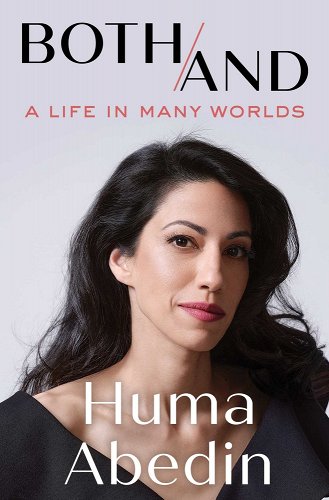
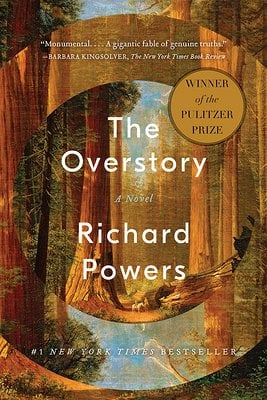
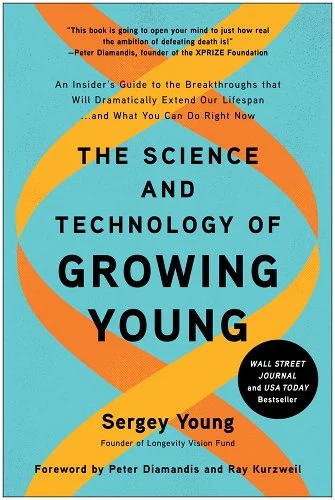

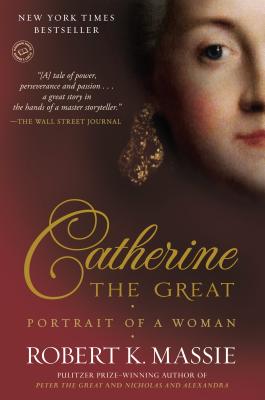
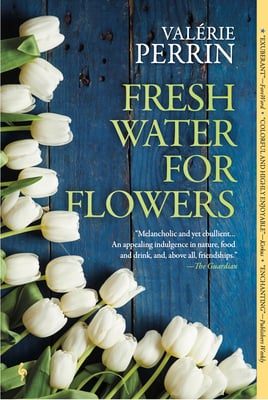
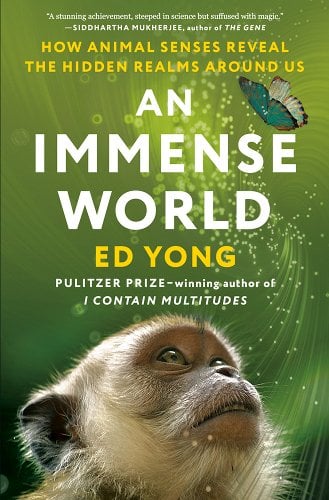
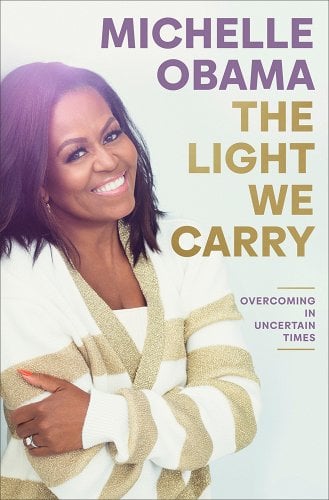

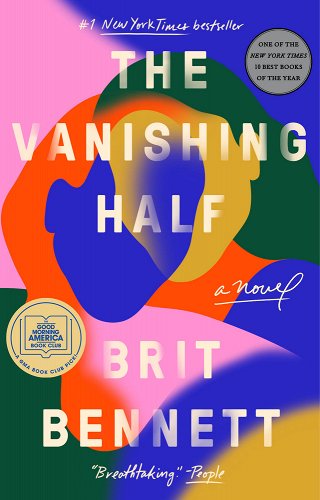
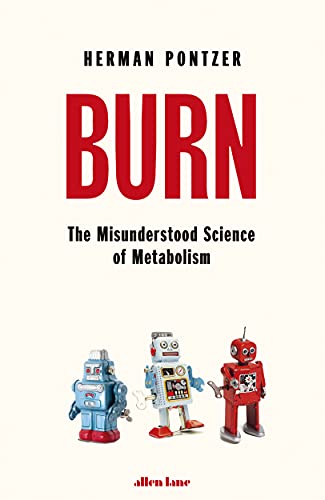
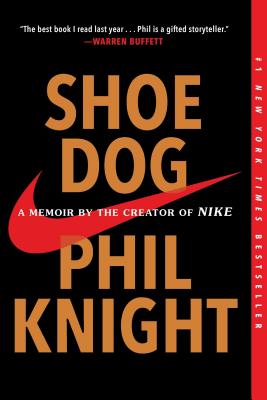
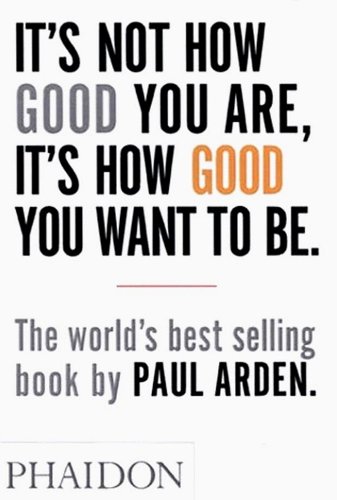
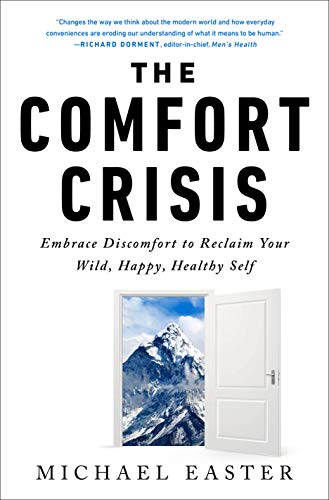
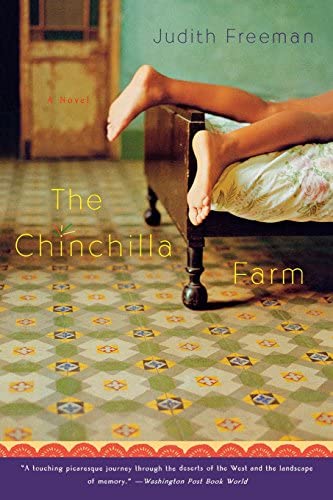
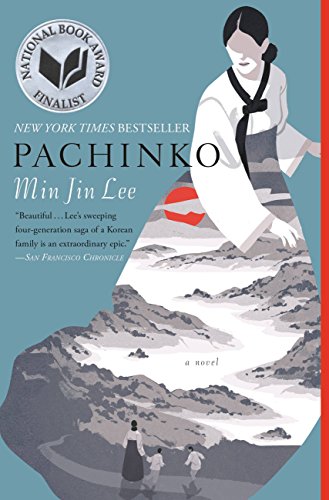
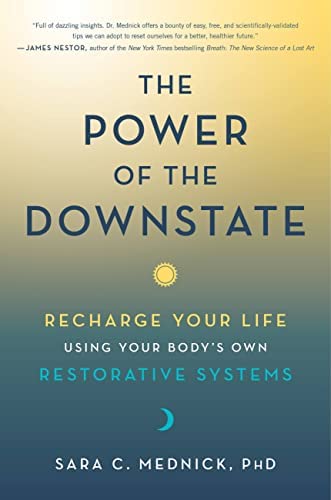
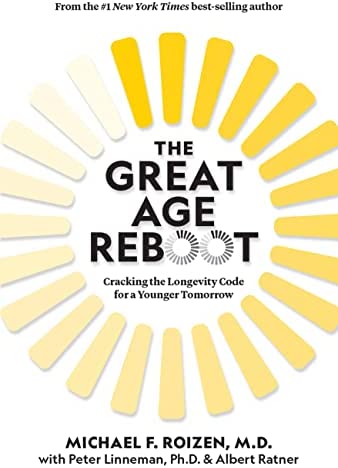
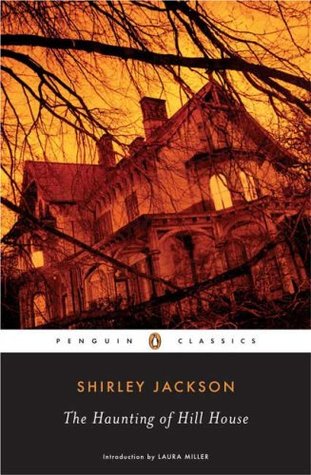
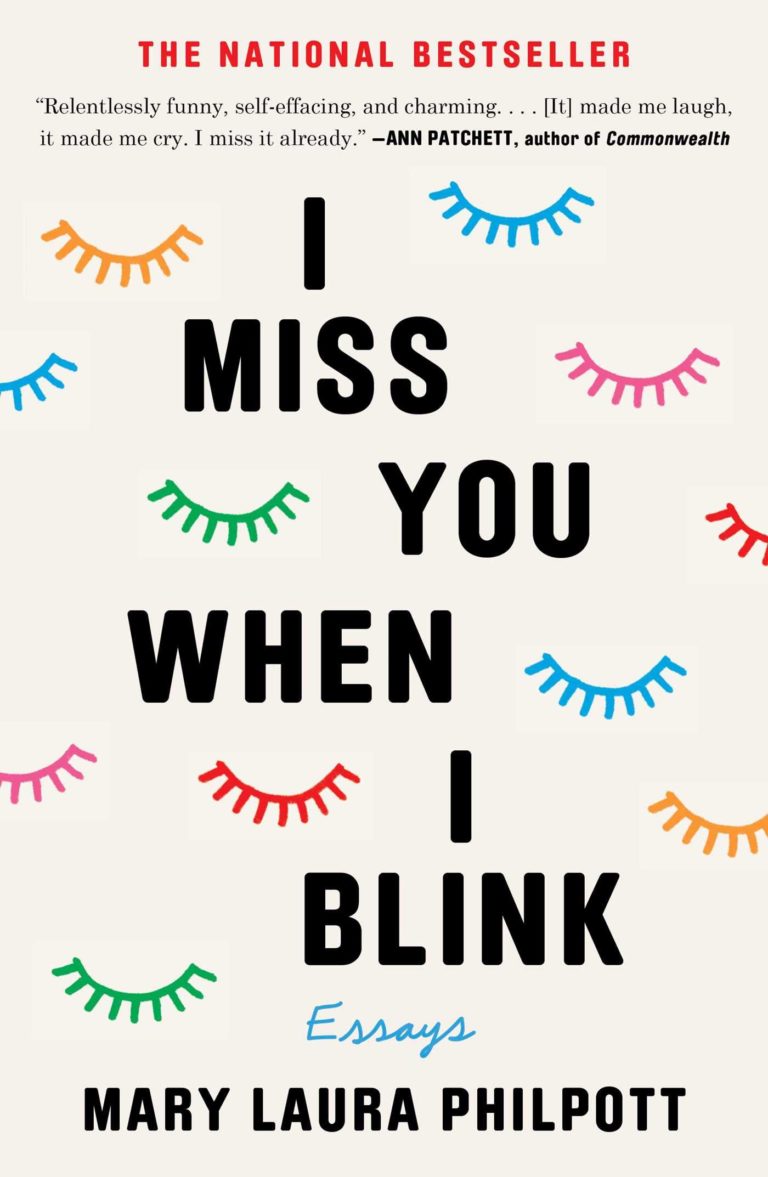
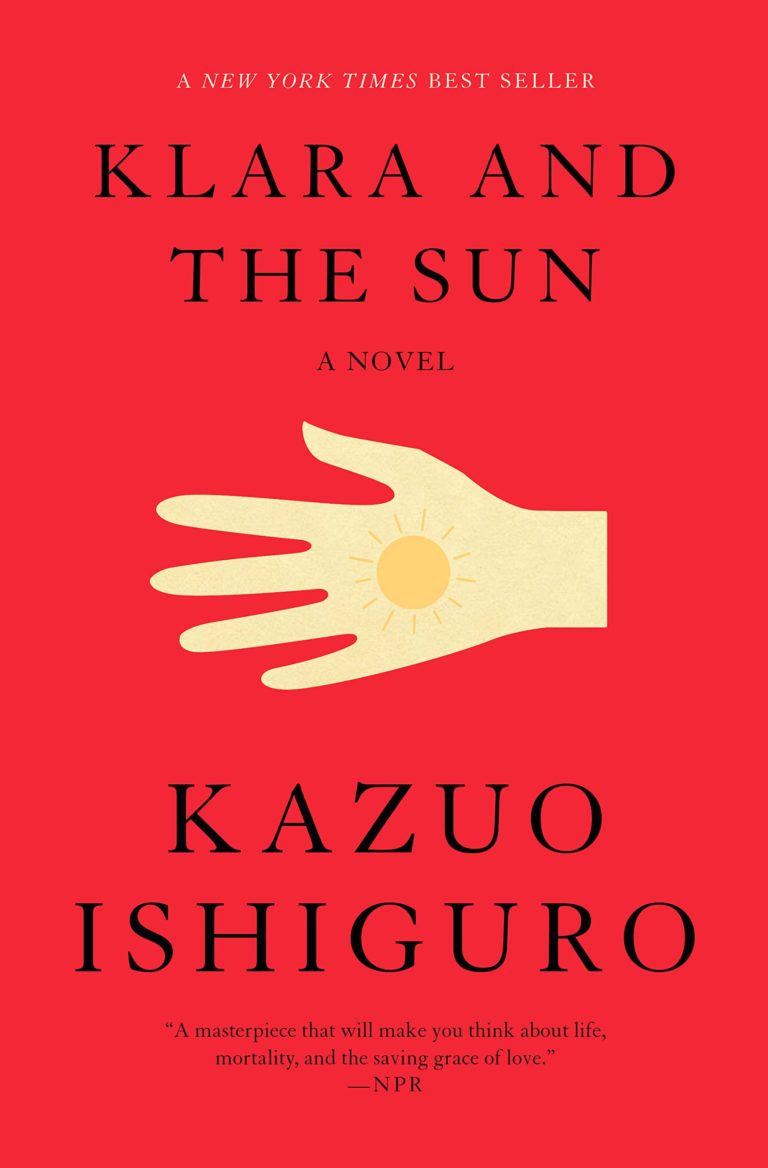
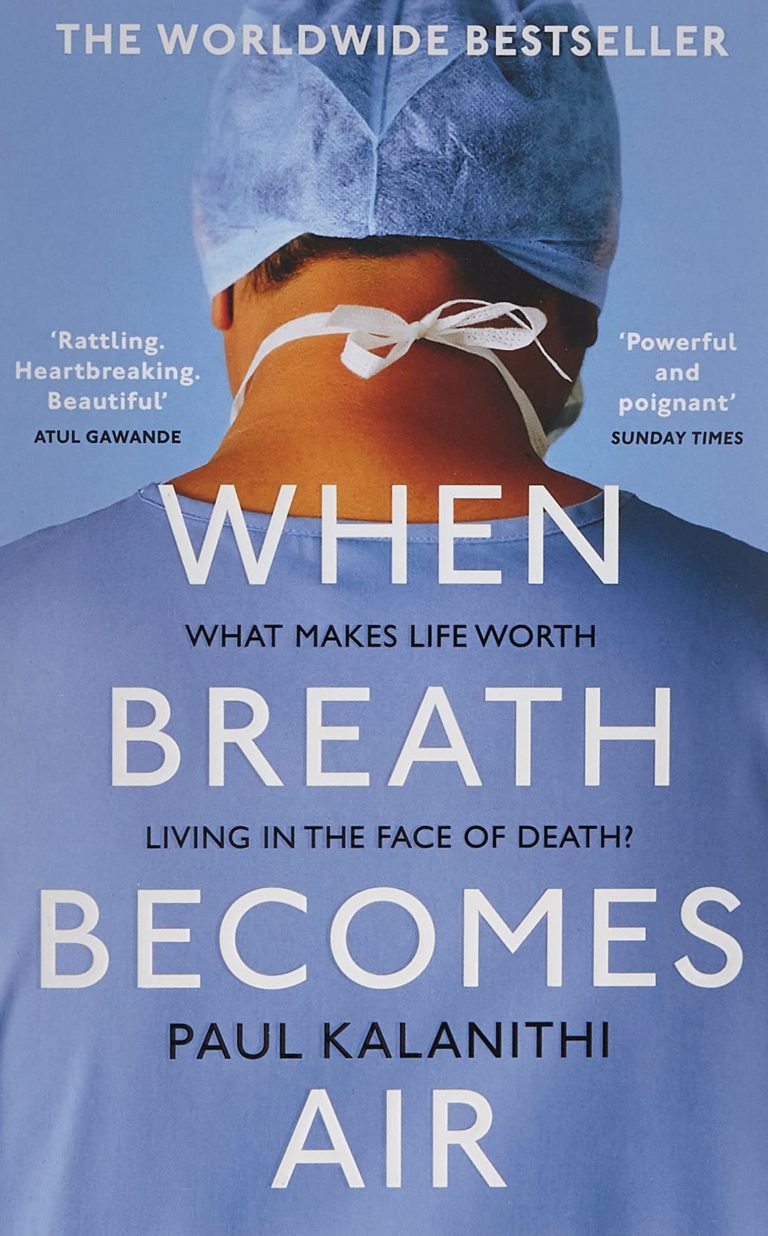
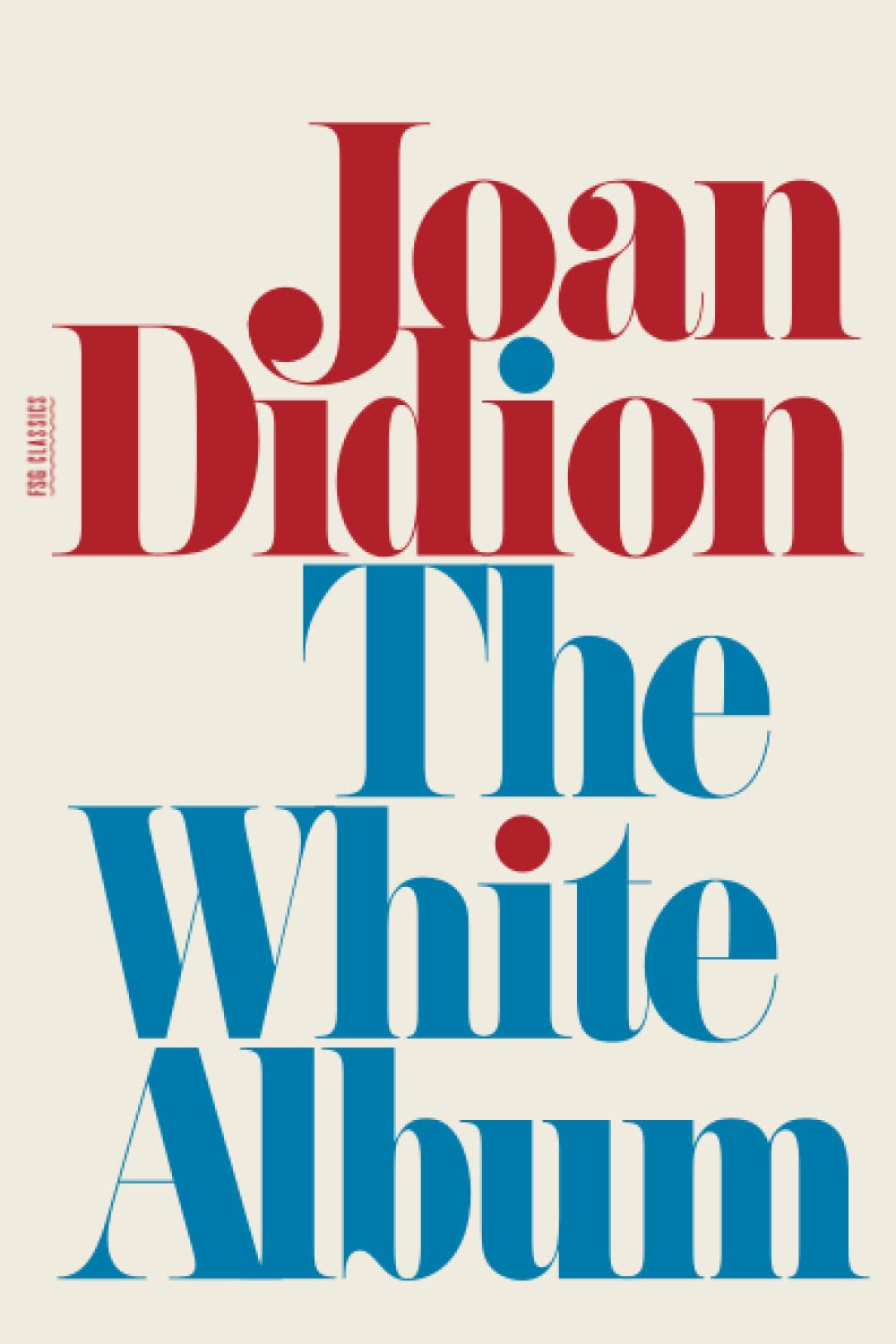
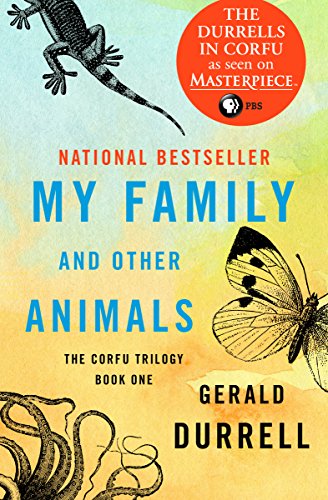
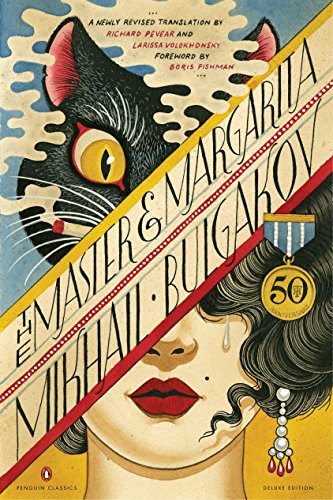
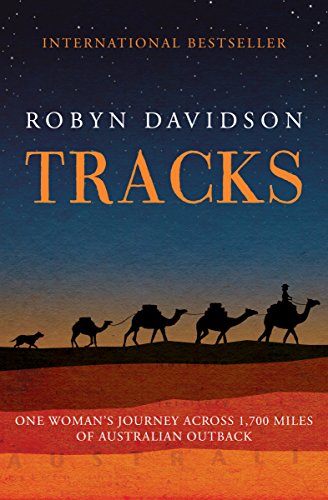
A Gentleman in Moscow, wow, one of my all-time favorite books! A bit unrealistic but who cares it’s entertaining – loved the count!
Just read a book by someone you interviewed on Ageist, Sandy Hanna, titled “The Ignorance Of Bliss- An American Kid In Saigon”. Fascinating book about a military kid growing up in Saigon before the U.S. went all in there. It read like a spy novel but through the eyes of a very smart little girl. I never read anything like this before. Baby powder and Hershey bars will never be the same.
I’m currently reading My Family and Other Animals. Absolutely adore it. Durrell has a way with his flora and fauna descriptions and laugh-out-loud story telling about his family. This makes me feel like a kid again, collecting my own little specimens and examining under a microscope. I only wish I could share this book with my dad, he would have loved it.
“When Breath Becomes Air” is Fabulous but equally as tremendous is “Between Two Kingdoms” by Suleika Jaquod . She wrote a column for the Nytimes called The Isolation Journals and has an eponymous facebook page. She is a beautiful, wrenching writer…a must read.
I enjoyed “When Air Books Breath” It reminds me of the “Last Lecture” Both Books where great. They both make you think when your are having a tough day or a few weeks, months, years, life.
You can re-ready the books over when you are have some tough time.
Agree I have read this book twice as well as return to it as life refresher course
I just started The Master and Margarita. The description sold me… excited to start it!
Rarely does a writer change the way, language is used, and that is what Joan Didion does. Often imitated, but no one is one par with her. The White album is about her time in the 60s and 70s California, the “home of the natural disaster”. Fun fact- our cover star Cynthia Adler, no creative slouch herself, was working at Vogue in the 50s as a writer when Joan came in, and boom, the job was over. If one is going to lose one’s writing gig, losing to Joan Didion is not so bad. The White Album is filled with the memory searing stories from Didion observations of her home state.
I first heard of The Master and Margarita from of all people, Flea, the bassist of the Red Hot Chili Peppers, who is a massive reader. This is his all time favorite book. Then I saw that Patti Smith was another big fan of it. Of al the books I have read in the last few years, this is one of the most unusual and most memorable.